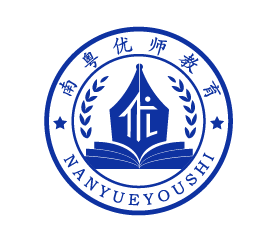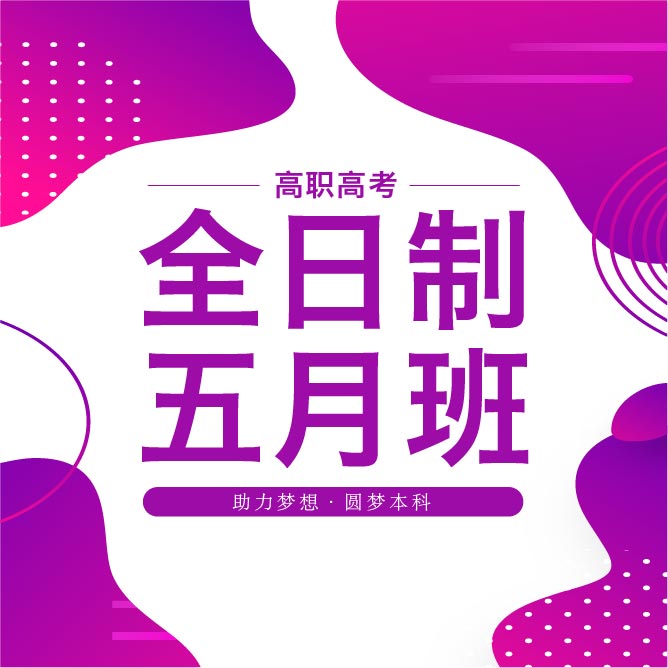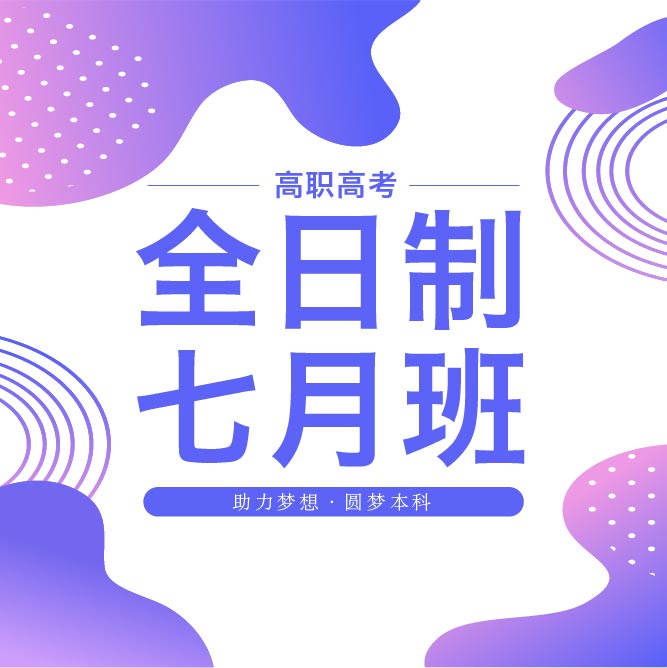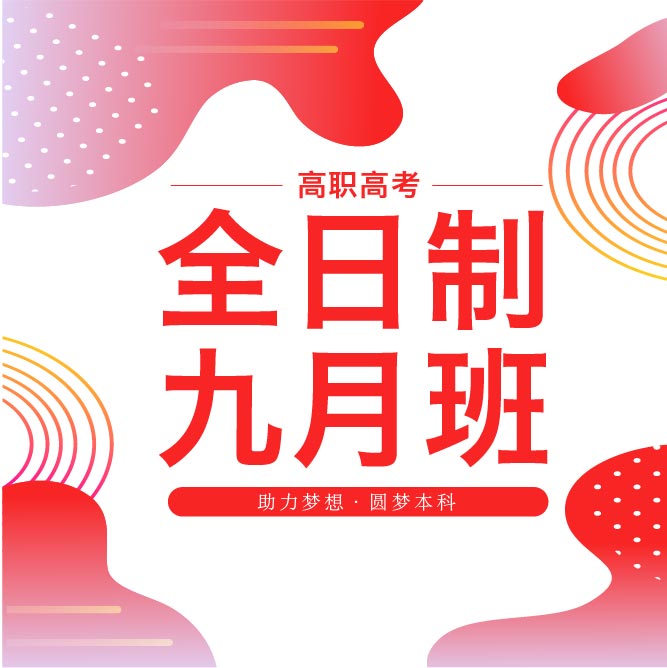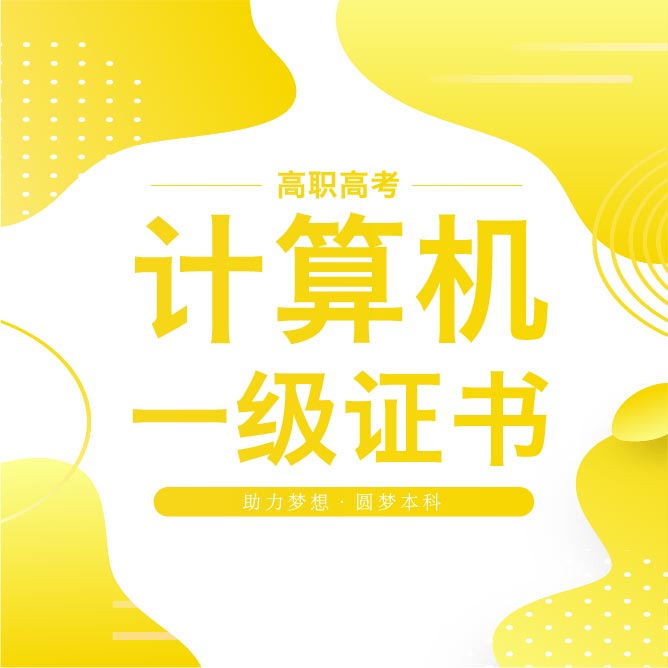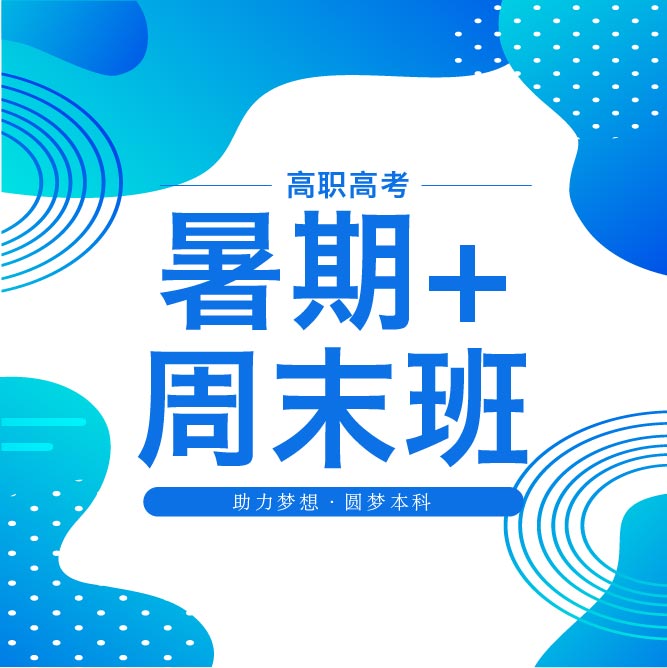2017年广东省高等职业院校招收中等职业学校毕业生考试
英语
本试卷共10页,76小题,满分150分。考试用时120分钟。
注意事项:
1. 答卷前,考生务必用黑色字迹的钢笔或签字笔将自己的姓名和考生号、考场号、座位号填写在答题卡上。用2B铅笔将试卷类型(A)填涂在答题卡相应位置上。将条形码横巾在答题卡右上角“条形码粘贴处”。
2. 选择题每小题选出答案后,用2B铅笔把答题卡上对应题目选项的答案信息点涂黑;如需改动,用橡皮擦干净后,再选涂其他答案,答案不能答在试卷上。
3. 非选择题必须用黑色字迹的钢笔或签字笔作答,答案必须写在答题卡各题目指定区域内相应位置上;如需改动,先划掉原来的答案,然后再写上新的答案;不准使用铅笔或涂改液,不按以上要求作答的答案无效。
4. 考生必须保持答题卡的整洁。考试结束后,将试卷和答题卡一并交回。
I. 补全对话(5小题,共10分)
阅读下列简短对话;从A,B,C,D中选出最佳答案,将对话补全。
例:M: how’s everything going?
W: fine, thanks. How are you doing?
M: .
A. I’m 16. B. yes, it is good.
C. see you then. D. oh, not too bad.
答案是D.
1. M: what a fine day! Why not go for a picnic?
W: ! let’s go.
A. You’re joking B. sounds great
C. I’m afraid not D. don’t worry.
2. W: hi, Tom. I’ve got the job i wanted in the company.
M: ! that’s good news.
A. Go ahead B. good luck
C. congratulations D. come on
3. W: Mr. Smith, I’m sorry i didn’t finish my homework on time.
M: . I know you’ve been taking care of your father these days.
A. That all depends. B. help yourself.
C. you are welcome. D. that’s all right
4. W: what a wonderful night! Thank you for inviting me.
M: .
A. It’s my pleasure. B. it’s nothing.
C. that’s a good idea. D. that’s right.
5. M: Mrs. Brown is ill in hospital. She can’t come to school today.
W: .
A. I don’t think so. B. not at all.
C. I’m sorry to hear that. D. I don’t know
II. 词汇与语法(20小题,共40分)
A) 从A, B , C, D中选出句中画线的单词或词组的意义。
例:We had enough time to do the work.
A. 很短的 B.一半的
C. 很长的 D.足够的
6. Mr. Li was very strict with his students and he never allowed them to be late for school.
A.无私的 B.体贴的
C. 慷慨的 D. 严格的
7. In the early days, this kind of play was performed on open-air stages or in tea houses.
A. 履行 B. 表演
C. 禁止 D.观赏
8. The guide is so kind that he always help his tourists during the trip.
A. 导游 B. 司机
C. 经理 D. 秘书
9. when they arrived, they put up a tent for the camping.
A. 租赁 B. 购买
C. 搭建 D. 整理
10. she is an intelligent girl. She always has good ways to solve difficult problems.
A.开朗的 B.聪明的
C.乐观的 D.幽默的
11. to kill the hours while she waited, Ann read a book at the station.
A.珍惜 B.弥补
C.消磨 D. 节省
12. I applied to four universities and was accepted by all of them.
A.申请 B.应用
C.推荐 D.咨询
13. it is important to pay you electricity bill on time, as late payments my affect your credit.
A.收入 B.原则
C.判断 D.信用
14. He wanted to call on his friend while travelling in London.
A.拜访 B.呼吁
C.召集 D.邀请
15. a sudden stop can be dangerous, especially when you are driving at high speed.
A.仅仅是 B.尤其是
C.专门地 D.偶然地
B) 从A,B,C,D中选出可以填入空白处的最佳答案。
例:It me a long time to finish my homework last night.
A. take B.took
C.has taken D.had taken
答案是B.
16. I have been out of work last November.
A.to B.for
C.by D.since
17. yesterday was Mary’s birthday. I gave a book as a present.
A.her B.hers
C.she D.herself
18. Early to bed and early to rise a man healthy, wealthy and wise.
A. make B.is made
C.makes D.have make
19. when i went into the room, I found him in bed.
A.lay B.lain
C.lie D.lying
20. at the foot of the mountain is a small village you can taste local food.
A.that B.where
C.when D.which
21. seldom TV last year.
A.I watched B.I watch
C.do I watch D.did I watch
22. the old man’s sons wanted to know was where the gold had been hidden.
A.that B.whether
C.what D.who
23. you’d better take some notes before you it.
A.are forgetting B.forget
C.will forget D.forgot
24. we won’t lose heart we should fail ten times.
A.as if B.as
C.even if D.until
25. It was under the bed my brother hid the ball this morning.
A. that B.what
C.where D.why
III. 完型填空(20小题,共30分)
阅读下列短文,并掌握其大意。然后从各题所给的四个选项中,选出一个最佳答案。
Once a chief(酋长)told a servant to go to the market. “ bring me the best piece of meat that is sold in the 26 ,” said the chief.
The servant 27 at once and ran to the market. The chief was surprised when the servant came 28 with the tongue of a cow. It didn’t seem to be good to 29 . yet when it was prepared by the 30 , the chief was satisfied. The meat was truly 31 . it was quite pleasing to eat.
The chief called the servant to him again. “ the tongue was 32 . wonderful. Now go to the market again and 33 me the worst piece of meat that is sold there.”
The servant obeyed once again. He ran 34 to the market. Soon he came back 35 a piece of meat that looked like the first.
The chief was astonished that the servant once again brought him a tongue from another 36 .
“what is this?” asked the chief. “when I asked you to fetch me the best piece of meat, you brought me the tongue. When I asked for the worst one, you brought me another tongue. Are you 37 ?”
The servant answered, “ the tongue can be 38 or ugly. It can be sweet or bitter. It 39 the words and sounds that are heard by the 40 . if a person’s words are kind and sweet, the tongue is at its best. It is delicious to ear. The 41 of tongue bring happiness. If the words we say are rude and sharp, they can be hurtful and 42 .they can bring sadness and 43 .”
“ thank you,” said the chief. “your words are wise.” then he said to his people, “may the words of all of us be 44 and delicious to all who 45 them.”
26. A. country B.village C.market D.city
27.A. replied B.cried C. escaped D.obeyed
28.A. out B. back C. down D.along
29.A.eat B.sell C.smell D.touch
30.A.villagers B.women C.children D.cooks
31.A. clean B.delicious C.big D.strange
32.A.really B.merely C.usually D.slightly
33.A.lend B.tell C.offer D.bring
34.A.suddenly B. sadly C.quickly D.regularly
35.A.carrying B.cutting C.eating D.pulling
36.A.sheep B.horse C.duck D.cow
37.A.teaching B.pleasing C.fooling D.helping
38.A. beautiful B.useful C.expensive D.interesting
39.A.asks for B.lives on C.depends on D.looks for
40.A.chief B.listener C. servant D.seller
41.A.sounds B. colors C.roots D.shapes
42.A.difficult B.meaningful C.bitter D.true
43.A.pity B.pain C.wonder D.effect
44.A.special B.right C.funny D.sweet
45.A. read B.hear C.speak D.write
IV. 阅读理解(15小题,共30分)
阅读下列短文,并做短文后的题目。从四个选项中选出能回答所提问题或完成所给句子的最佳答案。
A
There was a man who had four sons. He hoped that his son could learn not to judge things too quickly. So one day he gave his four sons a task, asking them to go to see a pear tree at a distance in different seasons.
The first son set out in winter, the second in spring, the third in summer, and the youngest in autumn.
When all of them returned home, the man called them together to describe what they had seen.
The first son said the tree was ugly, bent, without leaves and therefore hopeless.
The second son said it was not like that, but the tree was covered with green buds and full of hope.
The third son disagree, saying that it was full of flowers which smelled so sweet and looked so beautiful, and that he had never seen such beautiful scenery.
The last son disagreed with all of them, saying that the tree was filled with fruits, full of life and happiness.
The man told his four sons that all of them were correct, because they only saw the tree in one season. He told them that they could not judge a tree or a person only by one season, and that only when all the seasons were over could they know a tree or a person fully.
We can learn more from this story. If we just give up in winter, we will miss the hope of spring, the beauty of summer and the harvest of autumn in our life.
46. The man wanted his son not to .
A. have a harvest too soon B. accept a task too quickly
C. Make a conclusion too soon D. give a description too quickly
47. according to the second son, the tree was .
A.lifeless B.hopeful C.fruitless D.beautiful
48. In the eyes of the third son, the pear tree was a beautiful view .
A.in spring B. in winter C.in autumn D.in summer
49. When the youngest son saw the tree, it was a season of .
A.harvest B.promise C.coldness D.sweetness
50. what can we learn from the last paragraph?
A. We can enjoy sweet fruits in autumn
B. we can enjoy a beautiful view in summer
C. We should not lose hope when we’re in difficulty
D. We should not lose hope when we’re feeling cold
B
Scientists find that famous people who are hard-working live longer than average men and women. Woman working in companies are healthier than those who do housework at home. There’s evidence that jobless people are in poorer health than job-holder. A recent study shows that whenever the unemployment rate increases by 1%, the death rate increases by 2%. all this comes down to one point: work is helpful to health.
Why is work good for health? It is because work keeps people busy, away from loneliness. Researches show that people feel unhappy, worried and solitary when they have nothing to do. The happiest are those who are busy. Many successful people who love their job feel they are very happy when they are working hard. Work serves as a bridge between man and society. By doing work, people come into contact with each other. By working together and helping each other, they find friendship and warmth. This is helpful to health. The loss of work means the loss of everything. It affects people spiritually and they get sick easily.
Besides, work gives one a sense of happiness and achievement. Work makes one feel his value and position in society. When a writer finishes his writing or a doctor successfully operates on a patient or a teacher sees his students grow, they are happy beyond words.
From the above we can come to the conclusion that the more you work, the happier and healthier you will be.
So let us work hard and live a happy and healthy life.
51. according to the first paragraph, professional women are .
A. Poorer than housewives
B. Less famous than housewives
C. Of more help than housewives
D. In better health than housewives
52. the underlined word solitary in paragraph 2 is closest in meaning to .
A. Sad. B. angry. C. lonely. D.anxious
53. according to the passage, people who do more work are .
A. Warmer. B.happier. C.more helpful. D. more successful
54. from paragraph 3, we know that a teacher is happy when his students .
A. Grow rich. B. grow older. C. make friends. D. make progress.
55. what is the best title of this passage?
A. Work and health. B.work and family. C.work and success. D.work and friendship
C
Man must eat in order to live. One of the most important concerns of man during his life on the earth has been to make certain that he has enough food to eat when he needs it.
Prehistoric(史前的)man had little choice in what he ate. He ate what he could find: roots, eggs, fruits and the meat of small animals. Early man had no way to control his food supply. If there was no rain, or if the weather was too hot or too cold, plants would not grow, and he would have little or no food. When he ate all the food in one place, he had to move to another region for food.
Man’s life changed when he learned to grow plants and to raise animals. He also learned to use fire to prepare his food. Later, he learned to make tools and weapons, and to make containers to store his food. Man could now live in one place and produce his own food. So civilization(文明)began. Great civilizations slowly developed in regions where food was plentiful-- along the Nile river in Egypt, anc by the Yellow River in China.
The kinds of plants which are raised by man are different in each geographical region. In the colder regions very few plants can be grown; in the warmer pasts of the world great varieties of plants are found. In Asia, rice has become the most important crop. In North America, the most important grains are wheat and corn. In Europe and North Africa, wheat is the main crop. In the tropical regions of the world, many kinds of fruit grows naturally or are planted by man.
With the development of methods of keeping food fresh, it became possible to send most food products from one part of the world to another. Today foods are kept fresh in many ways and sent all over the world. Man no longer depends on the food he grows in his own area only.
As man has learned more about plants and animals, the production of food has become a more technical process. In the future, it seems possible that vast quantities of food may come from the ocean. Food may also be produced in new ways.
56. according to the first paragraph, man has to ensure .
A. The amount of food he needs.
B. The quality of the food he needs
C. The quality of his life on the earth
D. The number of people living on the earth
57. if the weather was extremely bad, early man would .
A. Raise new crops. B.suffer from hunger. C.raise small animals. D. suffer from diseases.
58. from paragraph 3 we know that civilizations developed in areas .
A. Where the weather was good
B. Where there was enough rain.
C. Where there was a large amount of food.
D. Where there was a great number of animals.
59. which of the following is true according to paragraph 4?
A. There are few plants in colder regions.
B. Corn is the most important crop in Asia.
C. There are few plants in hotter regions.
D. Rice is the main crop in Europe.
60. as man’s knowledge about plants and animal increases, .
A. Fewer plants will be needed.
B. Fewer animals will be available.
C. More and more land will be needed.
D. More and more food will be available.
V. 语法填空(10小题,共15分)
阅读下面短文,按照句子结构的语法性和上下文连贯的要求,在空格处填入一个适当的词或使用括号中词语的正确形式填空。
As a man was passing the elephants, he suddenly stopped. He wondered why these huge elephants were being help by only a small rope tied to 61 (they) front leg. No chains, no cages(笼子). 62 (clear), the elephants could, at any time, break away from the ropes, but they did not.
He saw a trainer nearby and asked why these 63 (animal) just stood there and made no attempt to get away. “ well, “ 64 trainer said, “when they were very young and much 65 (small), we used the same size rope to tie them and, at that age, it was enough to hold them. As they grow up, they are conditioned to believe they cannot break away. They believe the rope can still hold them, so they never try to break free.”
The man was 66 (surprise). these elephants could at any time break free from the ropes but because they 67 (believe) they couldn’t, they were stuck right where they were.
Like the elephants, how many of us go through life with a belief 68 we cannot do something, simply because we failed at it once before?
Failure is part of 69 (learn). we should never give 70 the struggle in life.
VI. 完成句子(5小题,共15分)
根据所给汉语提示,完成英语句子。
71. we should (积极参加讨论)
72. the situation is (比我们预想的要好得多)。
73. i will send him a message (我一找到他的电话号码).
74. It’s useless (与他争论)。
75. i will never forget (我们曾一起学习的日子)。
VII. 应用写作(1小题,共10分)
76.【写作内容】假设你是李华。最近,你校英语俱乐部面向全体学生招募一批英语小记者,你很想尝试一下。请给负责人Mr.Smith写一封英文自荐信,简要进行自我介绍,阐明自身优势,并表达自己的愿望。
【写作要求】正文约40个英文单词,文中不可出现你自己的真实姓名、学校等信息。
【评分标准】信息完整,语言规范,语篇连贯。
参考答案
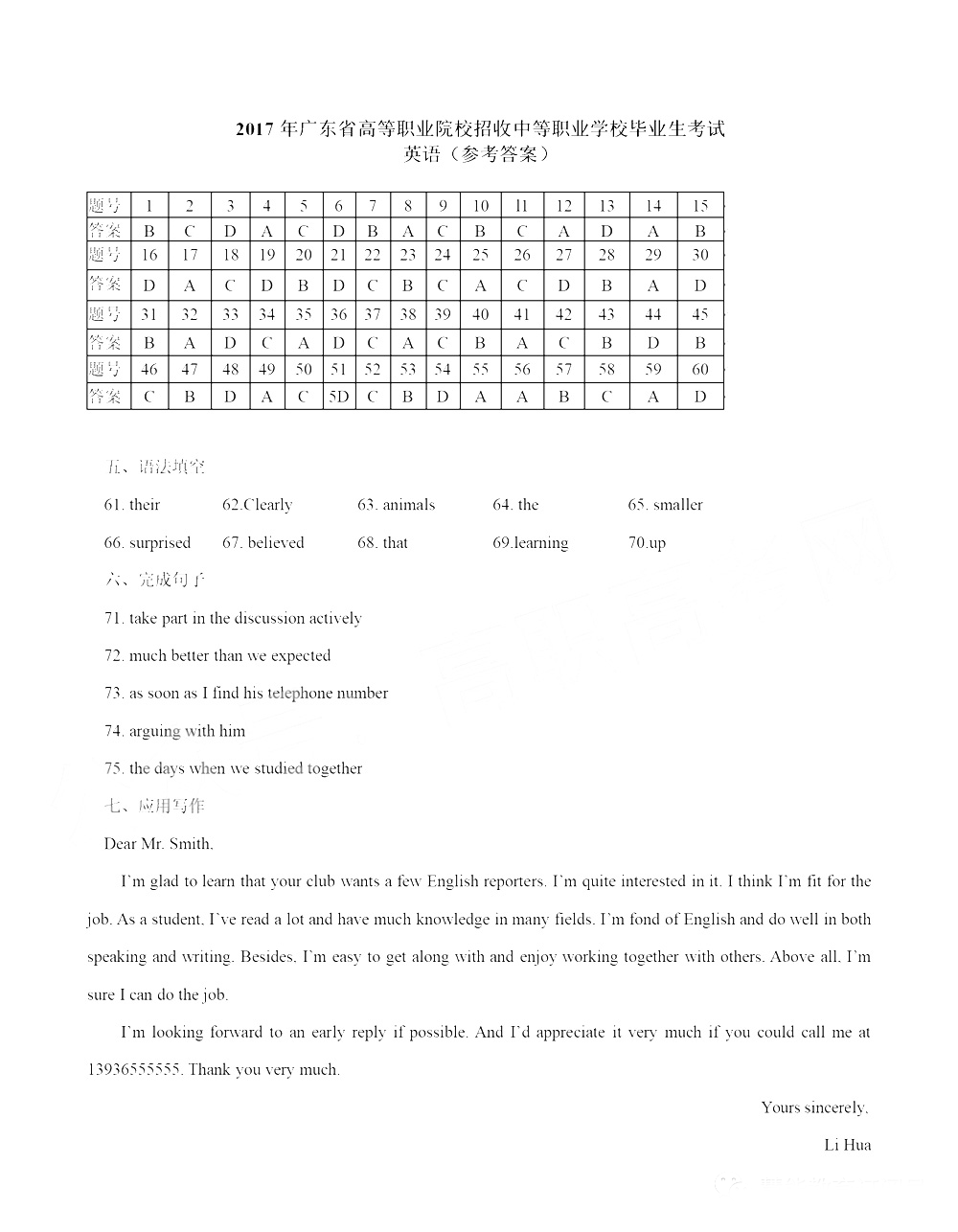
本文标题: 2017年广东省高职高考英语真题及答案
本文地址: https://gzgk.huashi-edu.org.cn/index.php/article/yingyu/879.html
